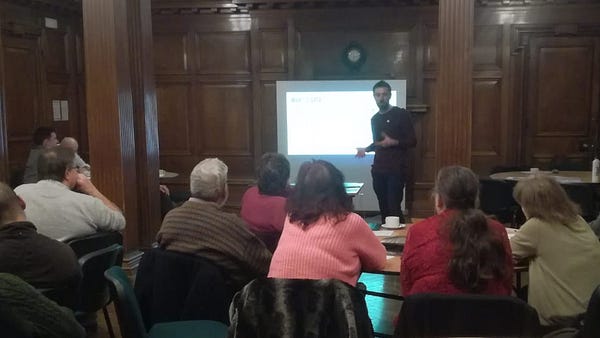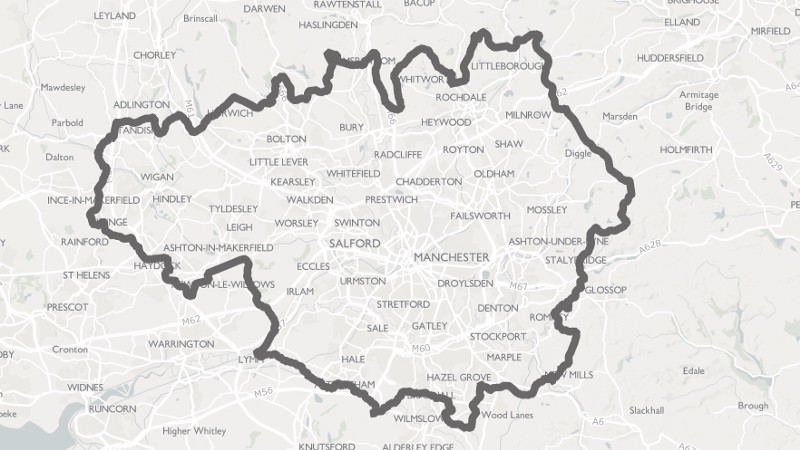By Julian Tait, CEO Open Data Manchester CIC
Over the last six months, we’ve been developing a series of workshops that introduce people to the open data that is about them and their communities. Through a mixture of presentation and practical exercises, these sessions take participants through the basics of what data and open data is, what data can and can’t do, and showcases some simple tools to access and explore this information.
There is a huge amount of open data available about the communities in which we live and work. This data gives metrics on subjects such as deprivation, access to healthcare, crime and grant funding, and more.
Data is used to make decisions about our communities but is often abstract with its links to the real world not clear. For a lot of people, their experience of data is one of stories of misuse, or distant memories of hot summer afternoons trapped in airless maths classrooms.
The Data for Communities workshop is a spreadsheet-free workshop that is light, informal and fun. It introduces people to what data is, and what it can and can’t do. For example, it’s easy to look at two correlating graphs and think they are somehow linked — but that doesn’t necessarily mean there is a causal link. Tyler Vigen’s Spurious Correlations work illustrates this brilliantly and creates discussion about how easy it is to jump to the wrong conclusions.
We are lucky in Greater Manchester to have MappingGM,a resource that allows the overlaying of different data onto the map of the county. Using electoral, administrative and statistical geographies, users can explore and map a wealth of data from various sources, from the locations of Metro stops to more complex demographic data. Other tools introduced include: police.uk, which allows easy exploration of local crime data; NOMIS, where you can investigate census information; and GrantNav giving access to a wealth of grant funding information from 360Giving.
Through a mixture of practical exercises and challenges, participants are encouraged to explore their communities using these tools. Discoveries are then shared and discussed amongst the wider group. This is particularly effective if the data suggests something that challenges a perception of the area.

Data for Communities is a free workshop that is constantly evolving to maintain relevance. It was initially run in Stockport and Wigan with participants being drawn from local councillors, voluntary sector workers, community activists and people who just want to understand data. Previous workshop resources are available to download from Github.
The next Data for Communities workshop is on the 18th June at Manchester Central Library, and we aim to host more throughout 2019.
More information and registration can be found here.

